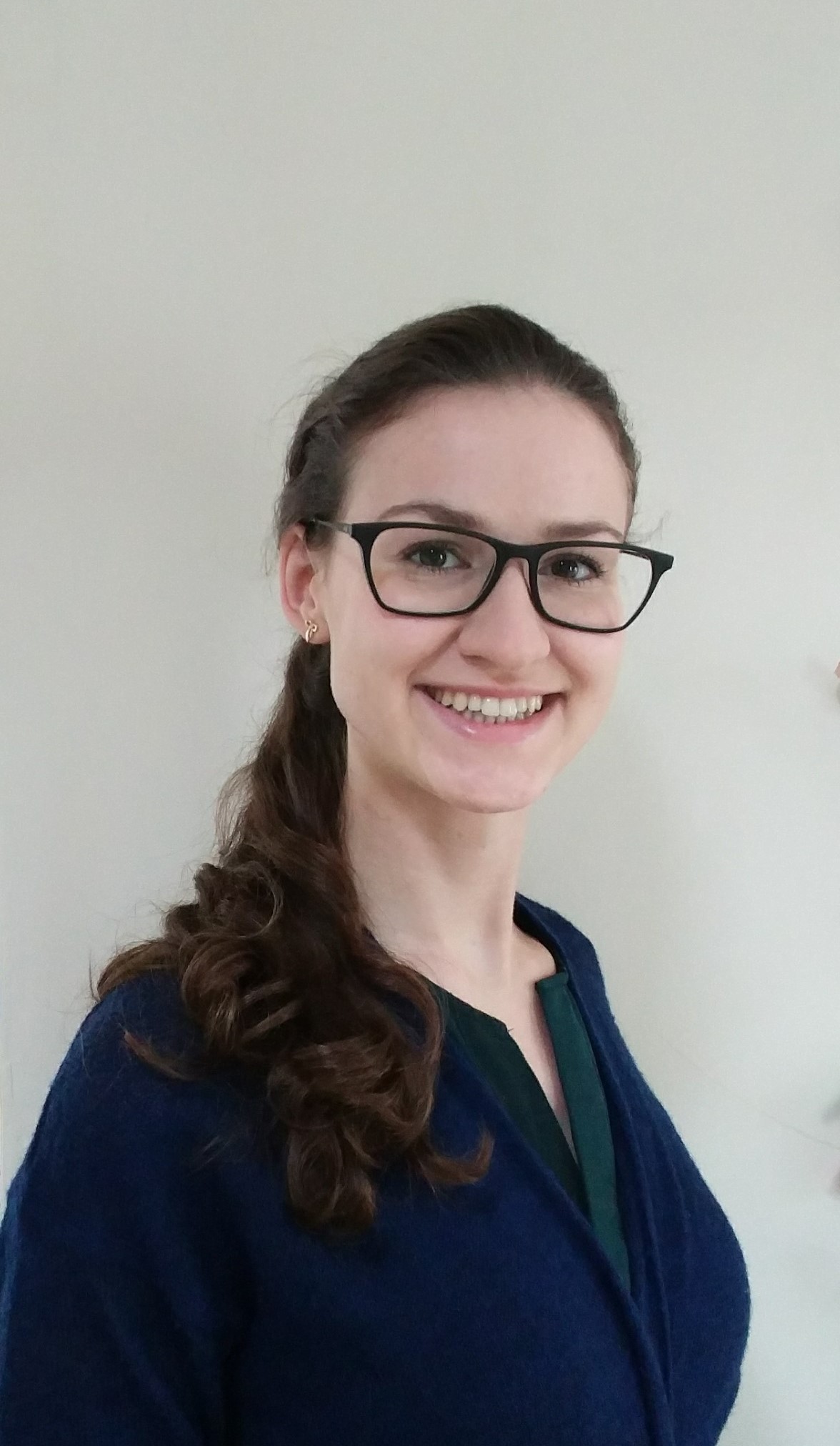Biography
- Share

Janine Brandes
- Scholar
- Germany
- 2019 PhD Clinical Neurosciences
- St Edmund's College
With the average life expectancy increasing worldwide, the prevalence of neurodegenerative disorders such as Parkinson’s disease is predicted to double within the next generation. Despite this rising challenge to public health and numerous clinical trials, there is still no cure for this debilitating disease, highlighting the need for better preclinical models and increased translational research. This motivated me to join efforts unravelling the underlying molecular mechanisms of Parkinson’s during my Master’s thesis in Molecular Medicine at the University of Tübingen. To enable my research to bridge the gap from bench to bedside, I subsequently collaborated with AstraZeneca as a research assistant at the University of Oxford where I established a drug screening pipeline on patient derived cells and succeeded in identifying new drug candidates. For my PhD in Clinical Neurosciences at the University of Cambridge, I will employ a cellular 3D model of Parkinson’s disease involving human neurons and glia to continue deciphering the mechanisms driving disease in patient brains. I hope that using this clinically relevant disease model will facilitate the translation of preclinical studies into patient treatment. I am deeply honoured to have been selected for a Gates Cambridge scholarship and am looking forward to joining a community of scholars who aspire to use their academic abilities to improve the lives of others.
Previous Education
Eberhard-Karls-Universitat Tubingen Molecular Medicine 2019
Eberhard-Karls-Universitat Tubingen Molecular Medicine 2016
University of Michigan Psychology, Neuroscience 2015








